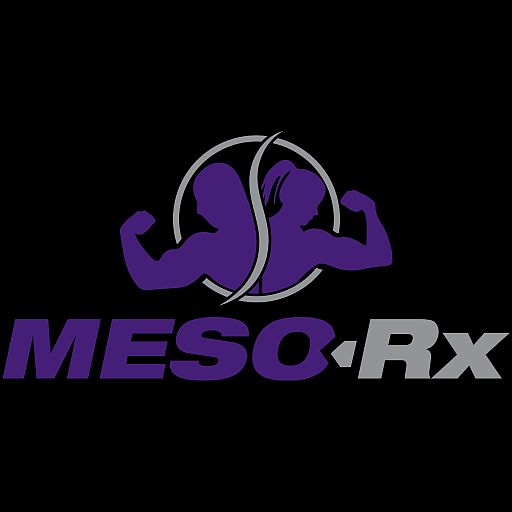This is just an idea and apologies if this has already been discussed.
Idea came to me as I have been back into the bodybuilding for a good few years after I stopped fighting. I'm typically competitive and goal orientated, so I have found myself thinking about competing late next year in a classic bodybuilding contest. Timing is due to only getting back on it the last 6months and want to run a few solid growth cycles before prepping. I am familiar with approaches to prep diet wise as I used to compete natty as a teenager and junior.
Anyway, here is the logic. When I used to fight, I would typically lose about 20ish pounds from 7 days out to weigh-in day. About 15 of those pounds came 24hours before the way in. When weigh-ins would occur I would look super gaunt and flat. 24hours later I would usually be approx 20lbs heavier than weigh-in day and look 10x better than when dehydrated.
Cutting weight protocol for fights was typically eating next to nothing for a week, no carbs, 2 gallons of water a day and stop 24hrs before weigh-ins. If needed, I would suck the rest out through hot baths. Rehydration protocol was a primary focus on hydration, electrolytes, and maybe using glycerol and creatine. I would eat a lot of carbs, but was cautious of digestion interfering with rehydration. I'm sure heaps of guys here are familiar with this. I would avoid cutting more than 10% of my bodyweight in fluid from dehydration and minimise the time spent in a dehydrated state.
Anyway, how different would this be to classic bodybuilding rehydration protocol after weigh-ins?
Obviously the goals are different (i.e., performance vs aesthetics), but surely there would have to be some form of rehydration to look fuller. I'm aware carbing up requires some water, but if you suck 10-15lbs of water out to make weight, surely a person could benefit to some degree if they were able to maximise intracellular water. More than happy to have my thought process ripped to shreds, actually would appreciate it. Just with how new classic bodybuilding is and with the weigh-ins 24hours before a contest, I'm sure this would require a different approach as coming in 10-20lbs heavier would be an advantage if the right type of water retention is optimised and conditioning remains.
Idea came to me as I have been back into the bodybuilding for a good few years after I stopped fighting. I'm typically competitive and goal orientated, so I have found myself thinking about competing late next year in a classic bodybuilding contest. Timing is due to only getting back on it the last 6months and want to run a few solid growth cycles before prepping. I am familiar with approaches to prep diet wise as I used to compete natty as a teenager and junior.
Anyway, here is the logic. When I used to fight, I would typically lose about 20ish pounds from 7 days out to weigh-in day. About 15 of those pounds came 24hours before the way in. When weigh-ins would occur I would look super gaunt and flat. 24hours later I would usually be approx 20lbs heavier than weigh-in day and look 10x better than when dehydrated.
Cutting weight protocol for fights was typically eating next to nothing for a week, no carbs, 2 gallons of water a day and stop 24hrs before weigh-ins. If needed, I would suck the rest out through hot baths. Rehydration protocol was a primary focus on hydration, electrolytes, and maybe using glycerol and creatine. I would eat a lot of carbs, but was cautious of digestion interfering with rehydration. I'm sure heaps of guys here are familiar with this. I would avoid cutting more than 10% of my bodyweight in fluid from dehydration and minimise the time spent in a dehydrated state.
Anyway, how different would this be to classic bodybuilding rehydration protocol after weigh-ins?
Obviously the goals are different (i.e., performance vs aesthetics), but surely there would have to be some form of rehydration to look fuller. I'm aware carbing up requires some water, but if you suck 10-15lbs of water out to make weight, surely a person could benefit to some degree if they were able to maximise intracellular water. More than happy to have my thought process ripped to shreds, actually would appreciate it. Just with how new classic bodybuilding is and with the weigh-ins 24hours before a contest, I'm sure this would require a different approach as coming in 10-20lbs heavier would be an advantage if the right type of water retention is optimised and conditioning remains.


